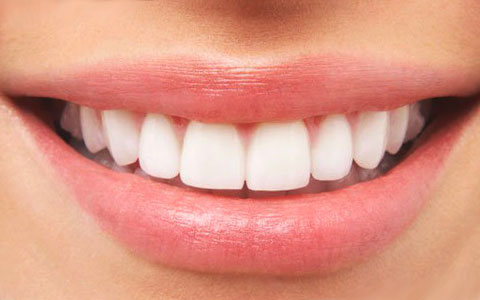In the realm of dentistry, abutments play a pivotal role as connecting components. These elements find significance in various applications, including fixed bridges where the term "abutment teeth" pertains to the supportive teeth for the bridge, partial removable dentures where they support the partial denture, and implants where they facilitate the attachment of crowns, bridges, or removable dentures to the dental implant fixture. This fixture, resembling a screw, achieves osseointegration for stability.
Modern dental practices offer a range of abutments, often termed prosthetic implant abutments. The materials employed span a spectrum, from titanium, surgical stainless steel, and gold to contemporary options like zirconia, a white ceramic known for enhancing the aesthetics of dental implant restorations. The accompanying images illustrate a ceramic abutment alongside the ceramic crown it supports, showcasing how the former enhances the lifelike appearance of the latter. It's important to note that while ceramic abutments offer aesthetic advantages, they lack the compressive strength of metals like titanium or gold. Consequently, many clinicians prefer using metal prosthetic abutments for posterior molars, given the heightened masticatory forces in those areas.
Abutments may deviate from the long axis of the implant when necessary, particularly if the implant's inclination differs from the intended prosthesis. The majority of crowns and fixed partial dentures are affixed to the abutment through cementation or a screw-retained fixation.
Experience exceptional dental care at our conveniently located practice in Guelph, ON. Our dedicated team, led by Dr. Jarek Foksa, is committed to providing outstanding oral health services. Take a proactive step toward optimal oral well-being with us.

Oral cancer, which encompasses cancers of the mouth and the pharynx (part of the throat), is a significant he